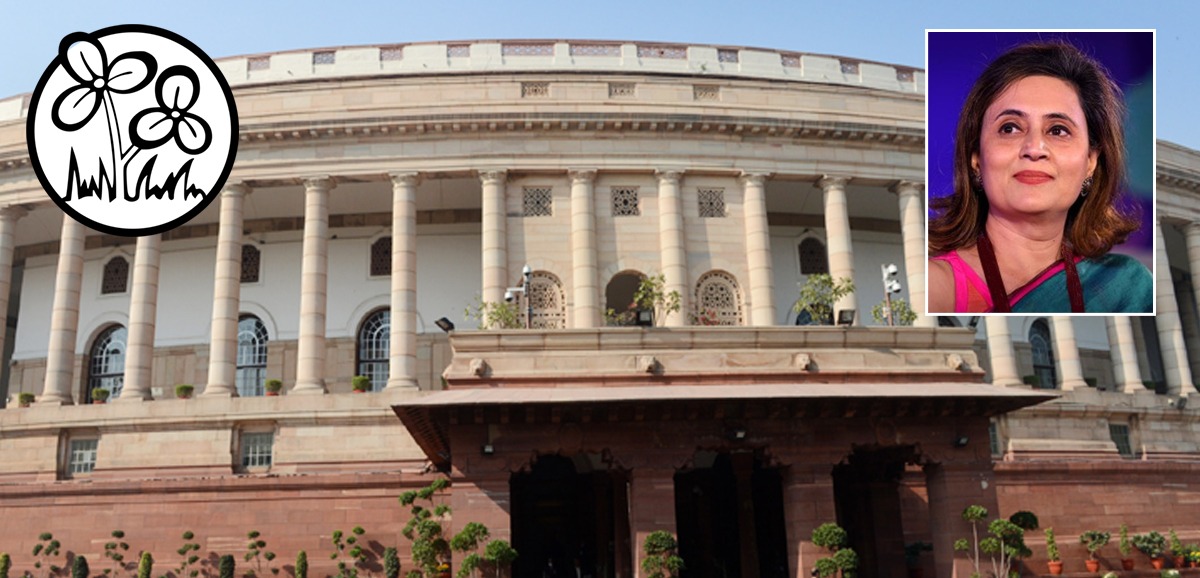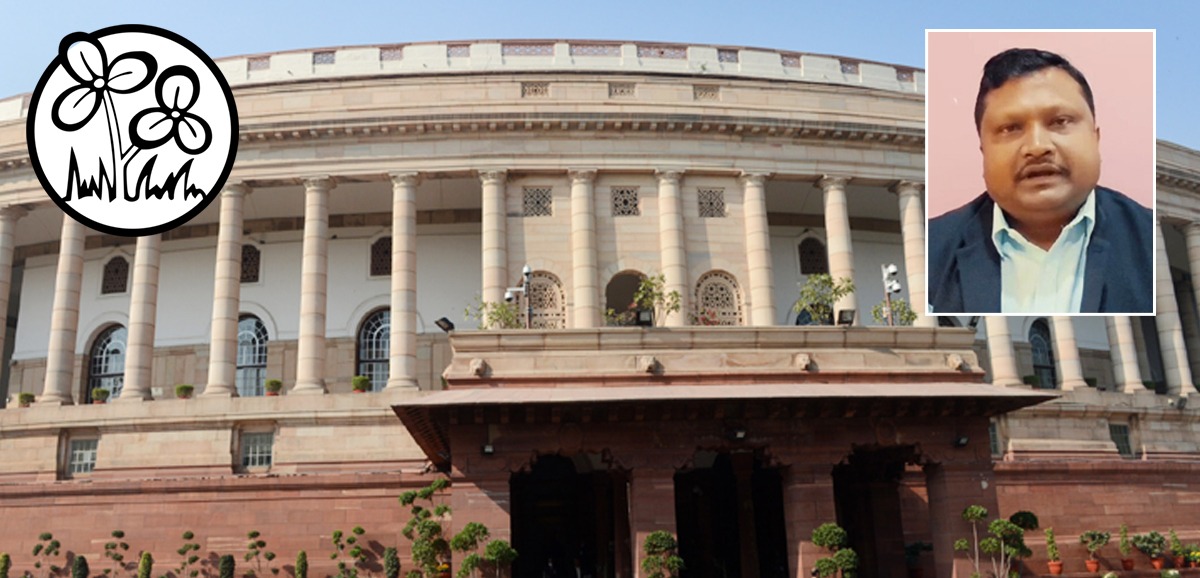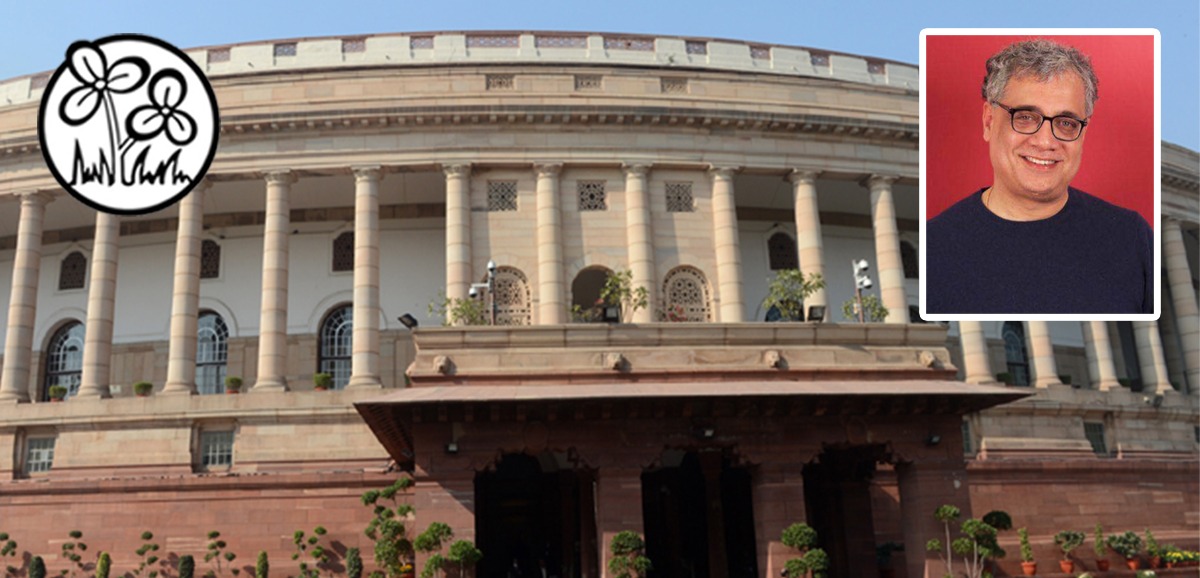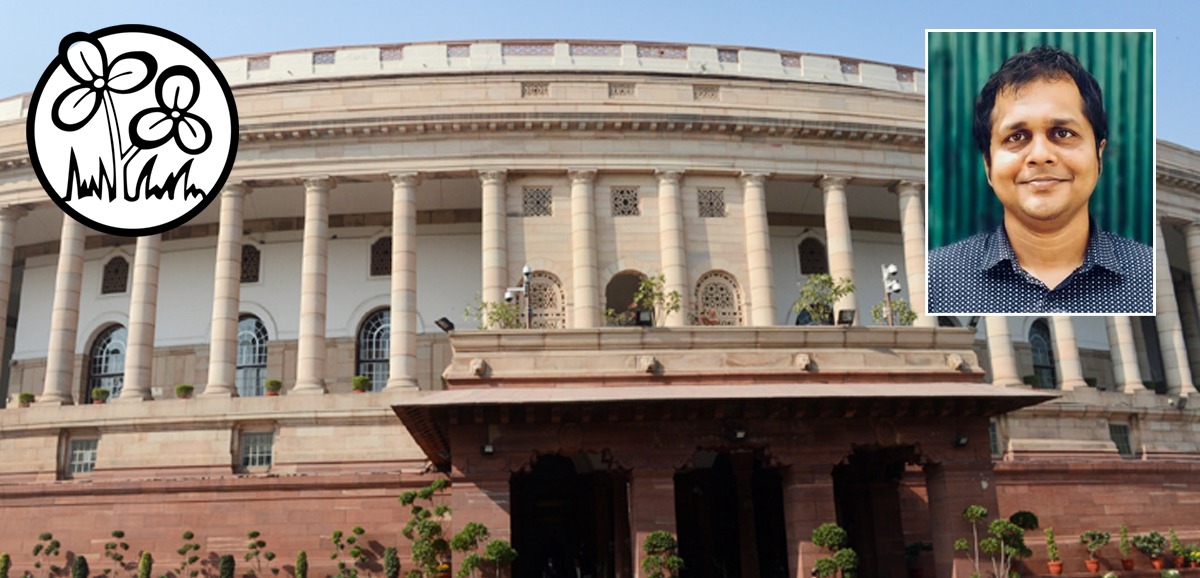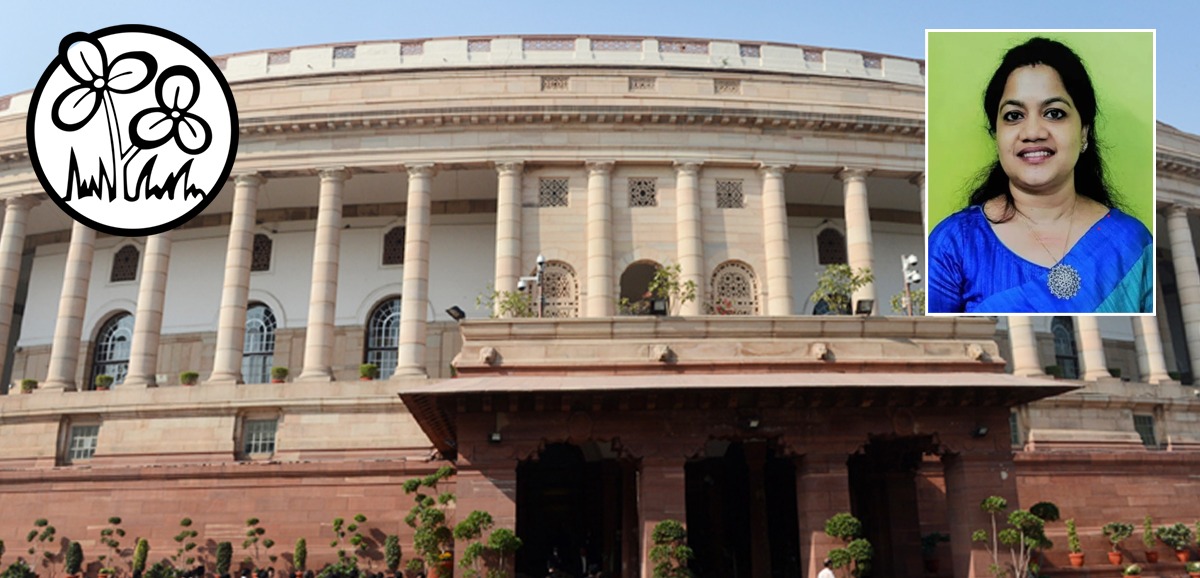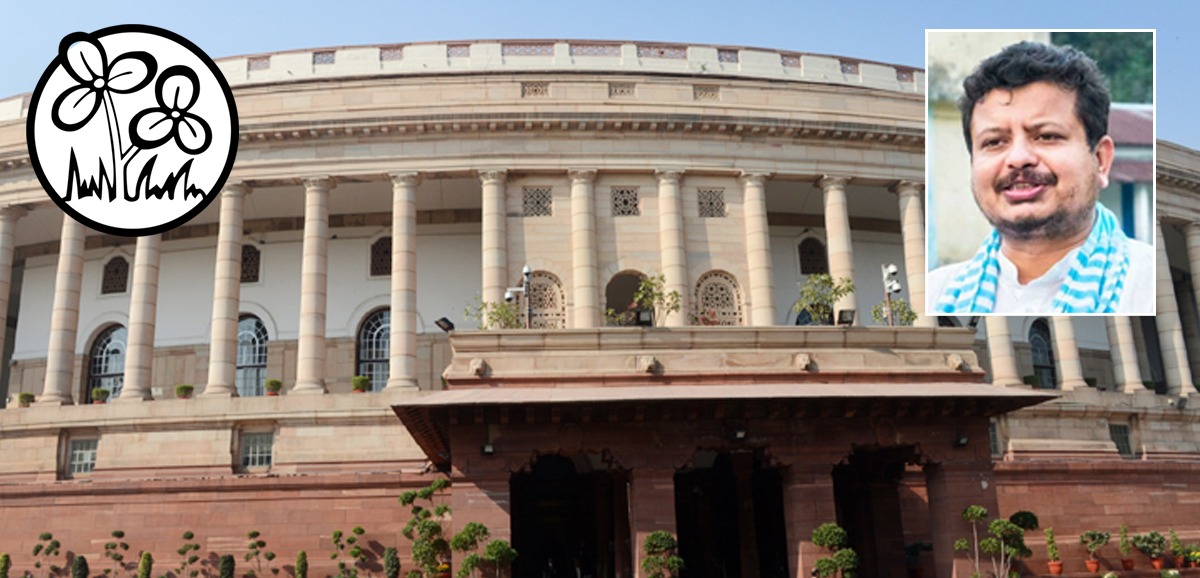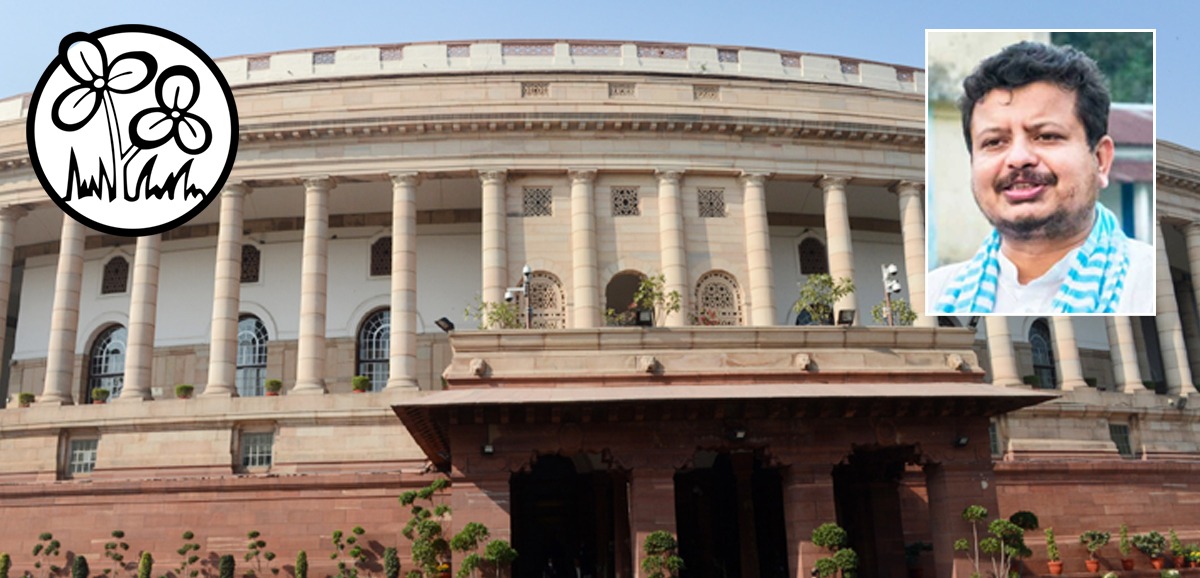Thank you, Mr. Deputy Chairman Sir, for having given me the opportunity. I rise to speak on the Appropriation (No.3) Bill, 2025 and the Finance Bill, 2025. This was the slogan in 2014. Ten years later where is achche din? Where is achche din today, Sir? Achche din is nothing but a jumla. Achche din is a sapna. Achche din is a on the people of India. Sir, I would like to tell you the reality checks on achche din…The economy faces a crisis of consumption. Private consumption is simply not reviving. Indians are not spending, revealing a huge lack of confidence in this Government’s policies. The Indus Valley Report 2025 says as many as a billion people in India lack the money to spend on any discretionary goods and services. About 300 million ‘emerging’ or ‘aspirant’ consumers are ‘reluctant spenders.’ The consuming class is not getting wider, it is getting deeper, meaning those who are already rich have more money but the wealthy population is not growing in numbers. The poor are losing purchasing power. There is nothing in this Budget that is actually going to put more money in the hands of those who desperately need it. Private investment has slumped. The International Monetary Fund in its recent Report has flagged sluggish private investment in India. Investment growth by private corporates has decelerated from 21 per cent in 2022-23 to 13 per cent in 2023-24. Yet on the back of this low confidence of consumers coupled with massive unemployment, the Government has made huge cuts in capital expenditure, health, education, rural development, social welfare and even on Mid Day Meal Scheme. Achche din! No, Sir; Asliyat or reality check! Where is the roadmap in this Budget to build private investment and spur confidence? Is the hike in income tax rebate up to Rs. 12 lakhs per year supposed to do this? This will only add private consumption of only 0.3 per cent and will hardly move the needle on growth? In any case, the euphoria on this is already fading. Achche Din; No! Asliyat or reality check! Only one group is enjoying Achche Din, that is, the rich. The middle 50 per cent of India’s tax-paying population, earning between Rs. 5 lakhs to Rs. 1 crore, have seen no real income growth for the last decade. According to the World Inequality Database, the share of middle class incomes to national income has fallen to the level of 1820, the year 1820, pre-British era. The top 10 per cent hold 57.7 per cent of national income. There is a boom in luxury goods. But tomato is at 80 rupees per kg, garlic is over 200 rupees per kg, fresh coriander is over 100 rupees per kg. Those at the bottom are facing income-stagnation and high inflation. Rajiv Bajaj of Bajaj Auto says, ‘Motorcycle sales have never been as weak as they have been for the last five quarters.’ Sir, the middle-class has to pay back debts for past consumptions. Indians are being pushed into indebtedness and ILO Report shows that the average hourly earnings of an Indian worker are the fifth lowest in the world. Even skilled workers with advanced degrees are paid the world’s seventh lowest wage. Sir, here is a shocking fact. A decade ago, the largest share of urban non-food expense was on ‘Education.’ Today, the largest share of urban expense is ‘Transport.’ Just ‘transport’ is eating up household budgets to go from one place to another. Achche Din! No. Asliyat or reality check! Even the rich don’t seem happy. . Between 2017 and 2022, 35,000 high net worth individuals gave up Indian citizenship. . Why are they giving up Indian citizenship? Sir, last year, the Finance Minister unveiled a PM Internship Scheme, offering one crore internships to youth in top 500 companies for five years. Where is that Scheme? What happened to that Scheme? In her Budget speech this year, the Finance Minister did not even mention the word ‘unemployment’ once. She did not mention the word ‘inflation’ once. India needs to create 11.5 crore jobs by 2030. The PLS Survey shows that 10.2 per cent unemployment rate is there for the youth. In the age-group 18 to 25, a humongous 42 per cent — 42 per cent — between 18 to 25 are unemployed, and the Finance Minister did not even mention ‘unemployment.’ Sir, according to the rating agency, ICRA, gold loans, that is, loans against gold, are set to reach Rs. 15 lakh crore by 2027. Gold, the last psychological resort of every Indian family, is being mortgaged to meet daily consumption expenses. Sir, they are saying ‘beti bachaho, beti padhao’. But the budget allocation to Schemes for the safety of women has decreased. Nirbhaya funds remain underutilized. The 18 per cent GST on medical and life insurance continues. Why has this not been rolled back? How can the poor who need medical insurance be motivated to take out insurance if there is a hefty tax burden? Impact is double on senior citizens because health premium is up by 10 per cent from last year. So it is a double blow. Cooperative federalism lies in tatters. Rs. 1.7 lakh crore is due to the State of West Bengal under various Heads. … MGNREGA dues amount to Rs. 7,000 crore, depriving 59 lakh workers. Pradhan Mantri Awas Yojana dues amount to Rs. 8,000 crore, depriving 12 lakh beneficiaries. Sir, this is not the National Democratic Alliance Government. This is the National Discrimination Alliance Government; NDA — National Discrimination Alliance. … They are allocating less on ‘Education’ and ‘Health.’ ‘Health’ allocation is well below 2 per cent; and ‘Education’ allocation is approximately 2.5 per cent, well below the recommended 6 per cent of the Kothari Commission. Sir, as the former Finance Minister said, a tsunami is coming on April 2nd. A new round of reciprocal tariffs is about to be announced by the Donald Trump Administration and could prove devastating for India’s export earnings. According to a report, 87 per cent of total exports could be hit worth as much as 66 billion dollars. Industries employing lakhs of Indians as employees will suddenly lose market share in the US. Sir, the hon. Finance Minister has left, but I would like to remind her of a quote from a film. Sir, I would like to quote that line, “ख्वाब हो तुम या कोई हकीकत, कौन हो तुम बतलाओ।” Are you just a dream or you are any kind of a reality? Are you a dream or reality? Ten years after this Government came to power, ‘achche din’ because of this Government’s policies, has been revealed as nothing but a spin doctor’s dream. ‘Achche din’ is a * ‘achche din’ is a jumla, ‘achche din’ is a * The reality is, the hakikat is, there is no ‘achche din’. Sir, I would like to say one more thing. Sometimes, we Members of Parliament make mistakes. Some mistakes creep into what we say, but there is one man who never makes mistakes – the hon. Prime Minister! Talking about the failed policy of demonetisation, the Prime Minister said, if this policy is wrong, please give me any kind of punishment you want. What is more revealing of this failed policy of demonetisation than the piles of cash allegedly found and burnt in the home of a former jurist? Allegedly, piles of cash were found and burnt in the home of a jurist. Sir, is the Prime Minister ready to face the punishment of the people? . Is the Prime Minister ready to face the punishment, because these piles of cash are a stark example that the policy of demonetization has resoundingly failed? This Government is a failed government. This Government is a jumla government. This Government is a government and it is because of this that every slogan of this Government is revealed as and as a on the people of India. Thank you, Sir.
